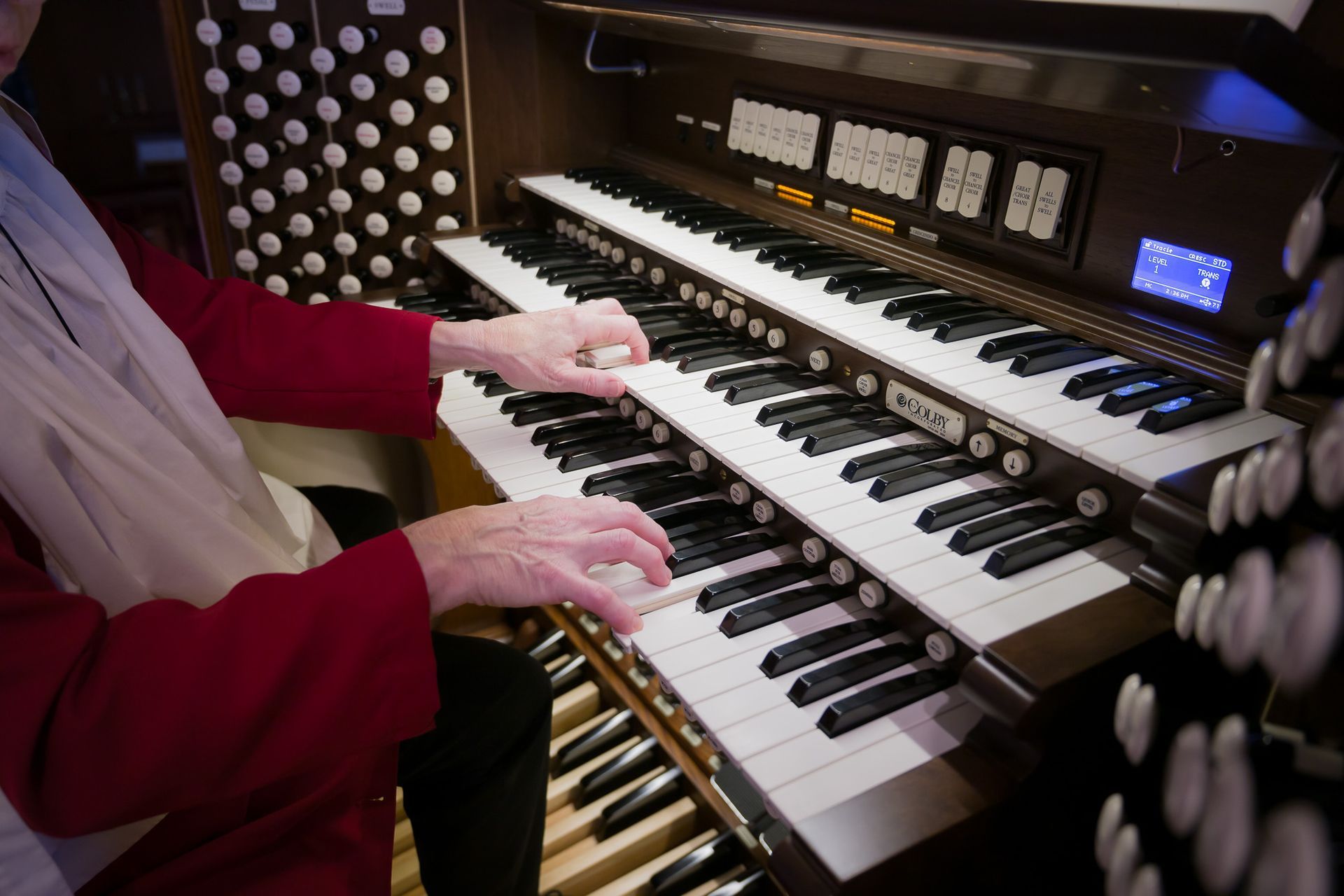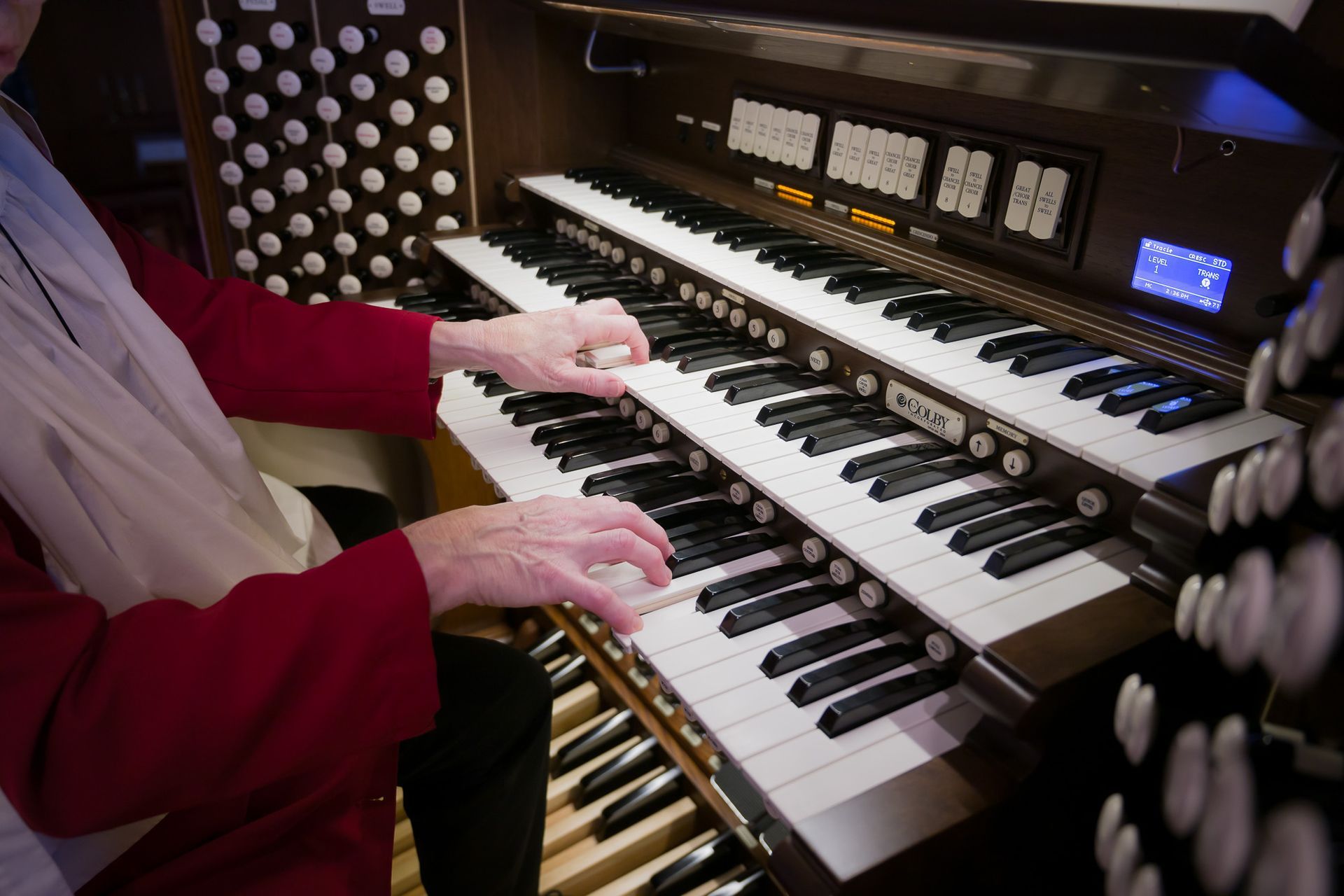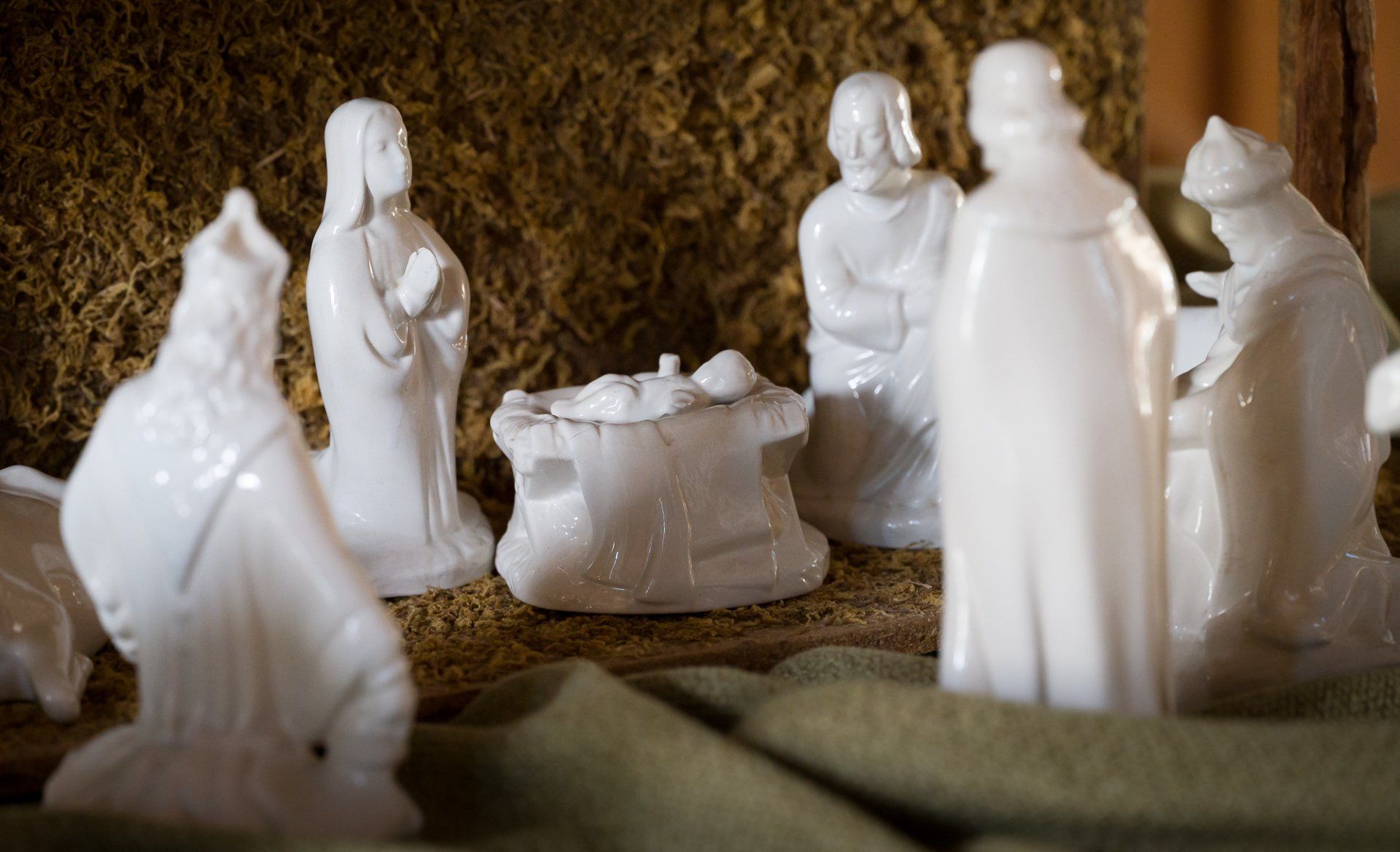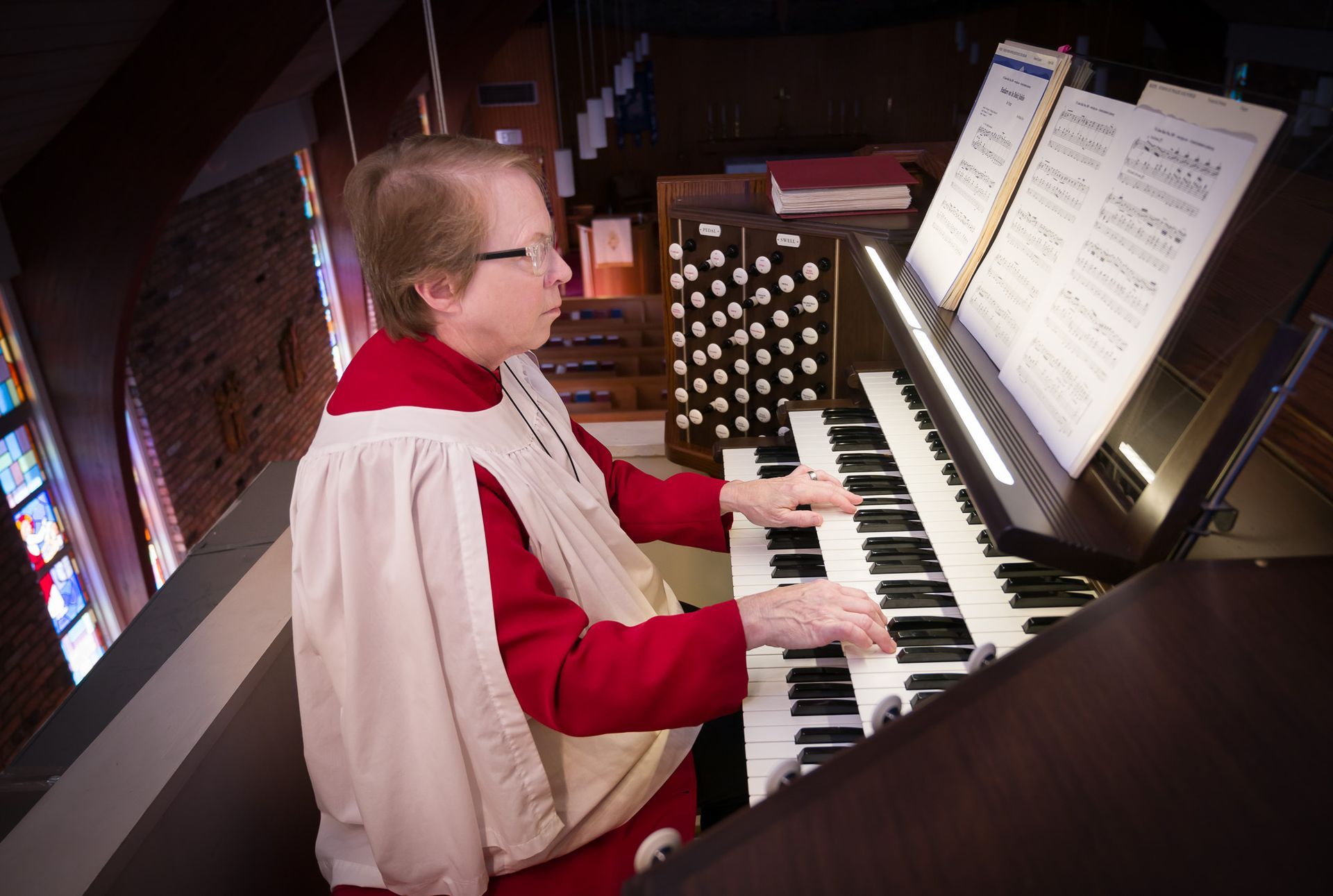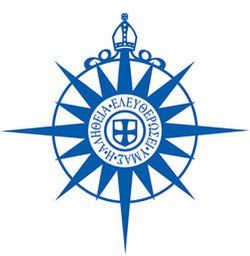The Episcopal Church
The beginning of the 40 Days of Lent

Ash Wednesday marks the beginning of the forty days of Lent.
Christians have been preparing for the celebration of Easter by walking through a “Holy Lent” since ancient times. This is patterned after Jesus temptation in the wilderness.
Lent is a season of repentance, fasting, and self-reflection. Of course, all of this happens with the sure knowledge of God’s love and grace to us through Christ. Lent and Ash Wednesday are in no way about condemnation. They are a time in which human beings, given a pronouncement of forgiveness and absolution through Christ, can be honest with God, with ourselves, and with each other. With the terror of judgment removed, we can speak the truth.
Ash Wednesday is the day in which Christians gather to receive the imposition of ashes.
Ashes on the head have signified repentance from biblical times. Job said, “I repent in dust and ashes.”
Ashes also represent mourning, as Tamar in the Old Testament used them to mourn her abuse which was not in any way her fault, but which devastated her.
Ashes are the result of burning. This burning in our lives is from our own sins and follies and from the abuse of others, and ashes represent both. They remind us that we are living in this mortal world, this fallen world, and that we are made from dust, when all else is burned away. We are mortal and will return to our maker.
(Note: for a “dust-focused” reflection on the Collect for Ash Wednesday, click here.)
Christians believe, rightly, that God is good and that he loves us. We believe that through the death and resurrection of Christ we can be forgiven and “boldly go before the throne of grace.” We know that even though we don’t understand exactly how God will make the wrongs of the world right, he will.
And yet we live in a time in which all of those promises are not yet fulfilled. We feel the pain of sin and brokenness. Ash Wednesday and Lent remind us that we still live in this fallen world, and that we are a part of that fallenness. No one is free of sin. It gives us permission, in fact it calls us, to acknowledge the reality we see within ourselves, and around us.
How do I observe Ash Wednesday?
Find an Ash Wednesday service to attend.
Go to an Anglican, Lutheran, or Roman Catholic Church on Ash Wednesday. Or find another type of church that has an “Ash Wednesday” sign.
None of the traditions listed here require that you be a member to participate in the Ash Wednesday service. Just note that Orthodox churches (Greek, Russian, etc) have a slightly different calendar, so often observe Lent in somewhat different ways and different times.
The service will focus on repentance, grace, and forgiveness.
The readings include warnings from Isaiah about fasts that God loves. That God wants us to free the oppressed and to walk in justice. They will include Christ commanding us not to do our fasting to be seen by others.
The service will remind us that we are mortal, and that we must repent. You will be invited to come forward and to kneel. A minister will impose ashes upon your forehead, usually saying, “remember that you are dust, and to dust you shall return.”
The service will be reverent and quiet. It is intended to be stark.
During the service, you will be called upon to join with the whole Church in a Holy Lent. To pray that God will open our eyes to see that we can be honest with him, and repent. To see that we can tell him of our pain, and sorrow, and that he understands. He knows because Christ, God himself in the flesh, walked through his own wilderness, and then walked beyond that to the cross.
Fast by eating only one full meal and two small portions, with no meat all day.
Fasting is not for those under 14 or over 60, or anyone in poor health. If you can’t fast, give up meat or something else that day. Fasting directs our attention to our need for God and follows the example of Christ. It is an act of penitence, meaning a demonstration of heartfelt repentance.
You don’t have to be an Anglican to participate.
If your church does not observe Ash Wednesday, you will be welcomed in one of our churches, without having to be a member or change traditions. We’re all in need of a journey of repentance together.
May your Ash Wednesday be one in which God’s grace so comforts you, that you are able to freely acknowledge your failings and faults with the sure knowledge that you are his child, and he loves you.
source: www.anglicancompass.com


